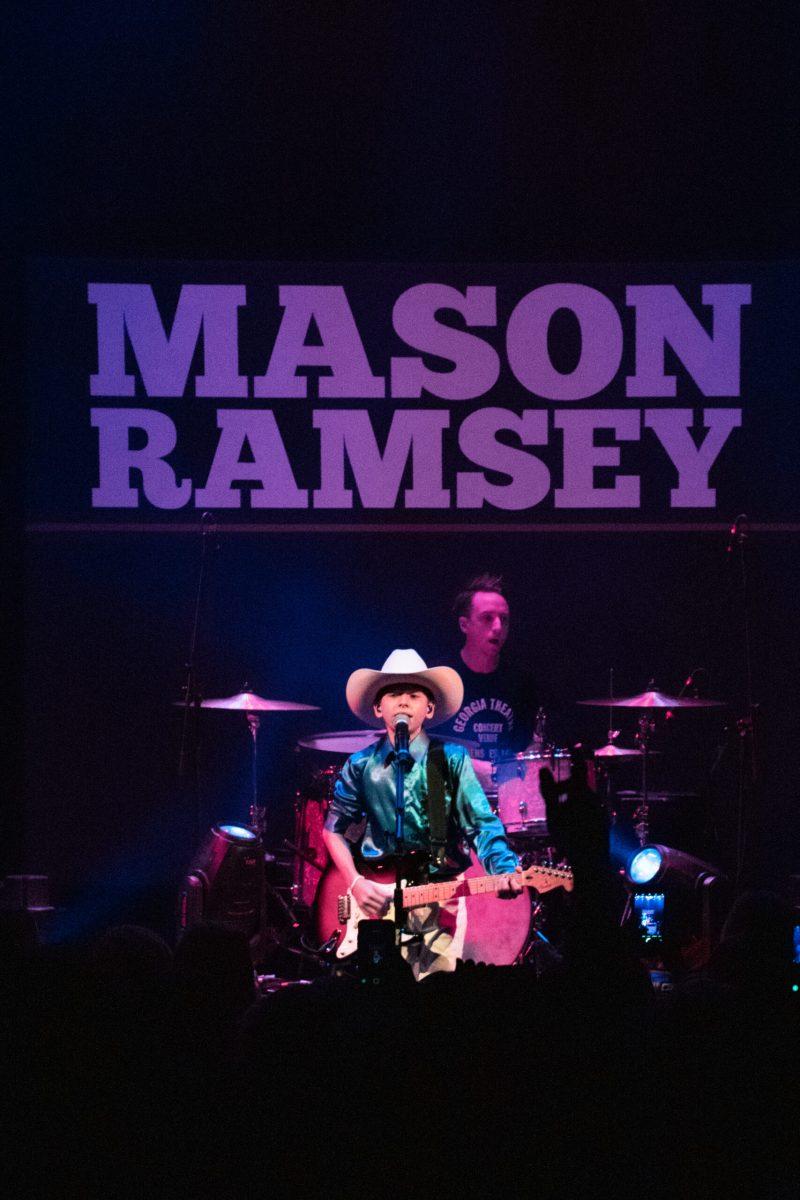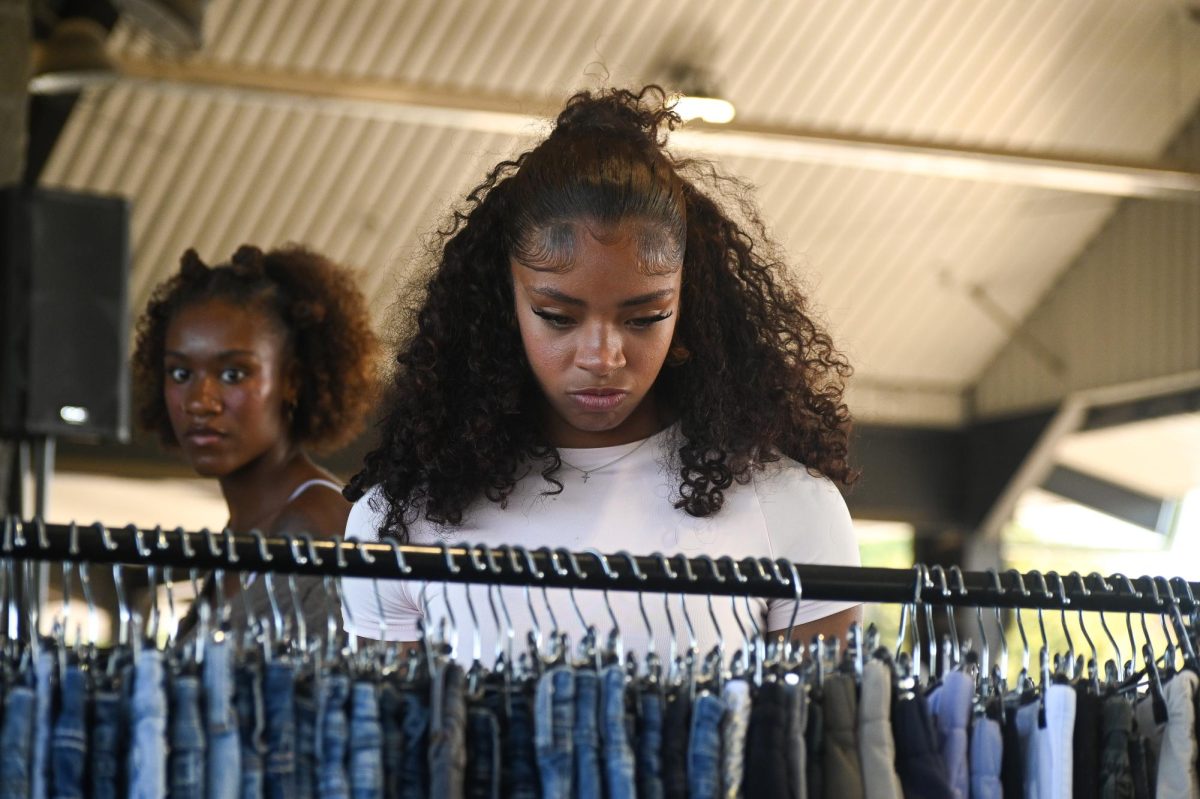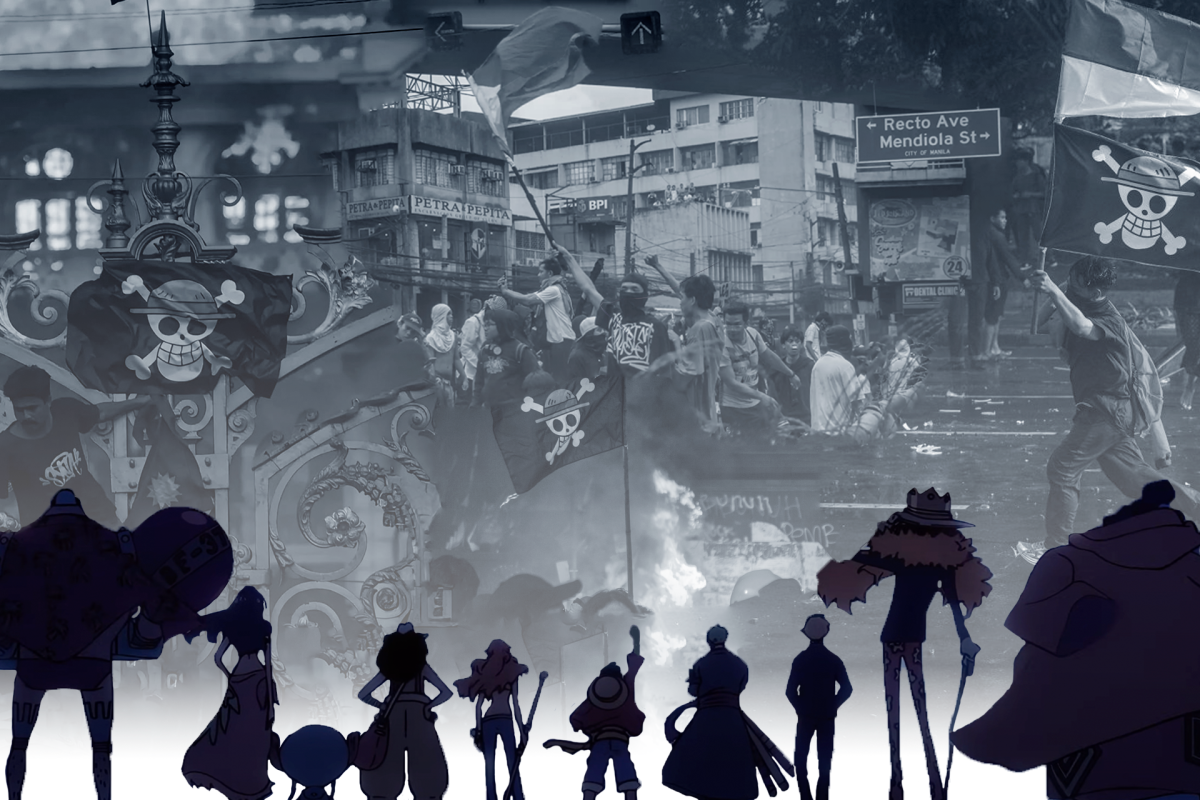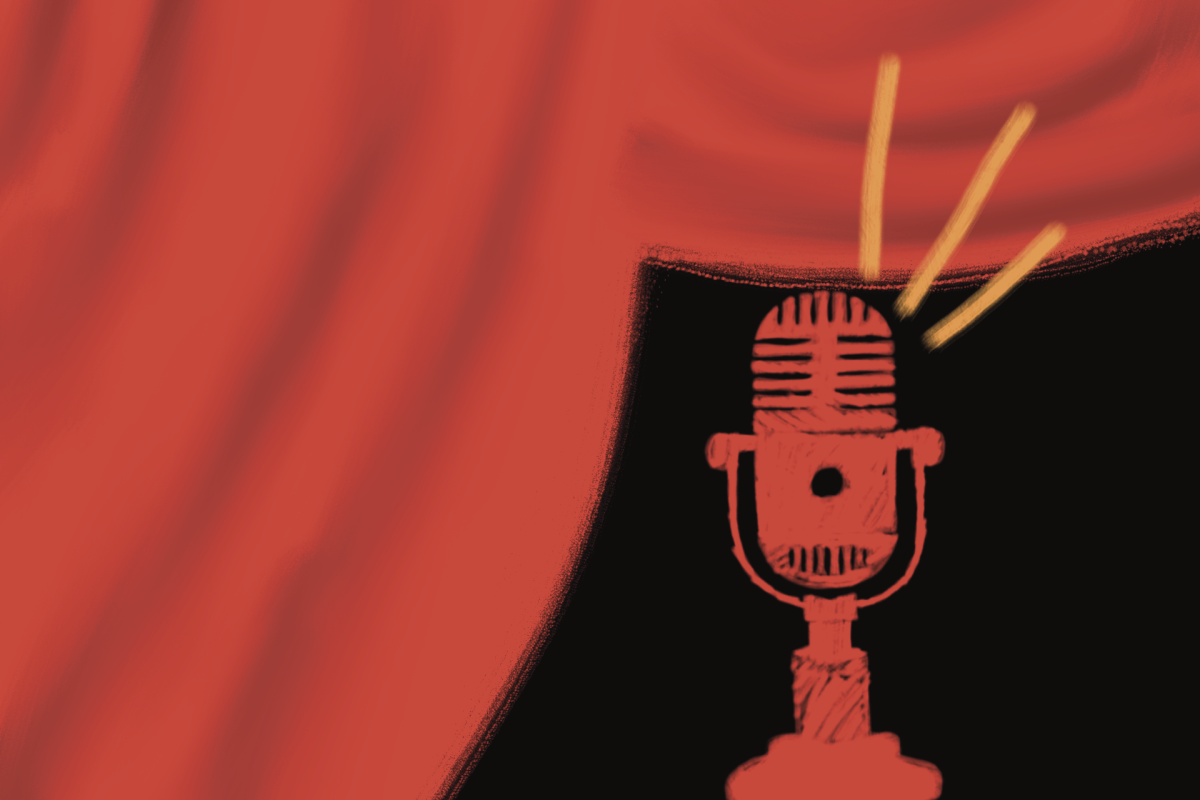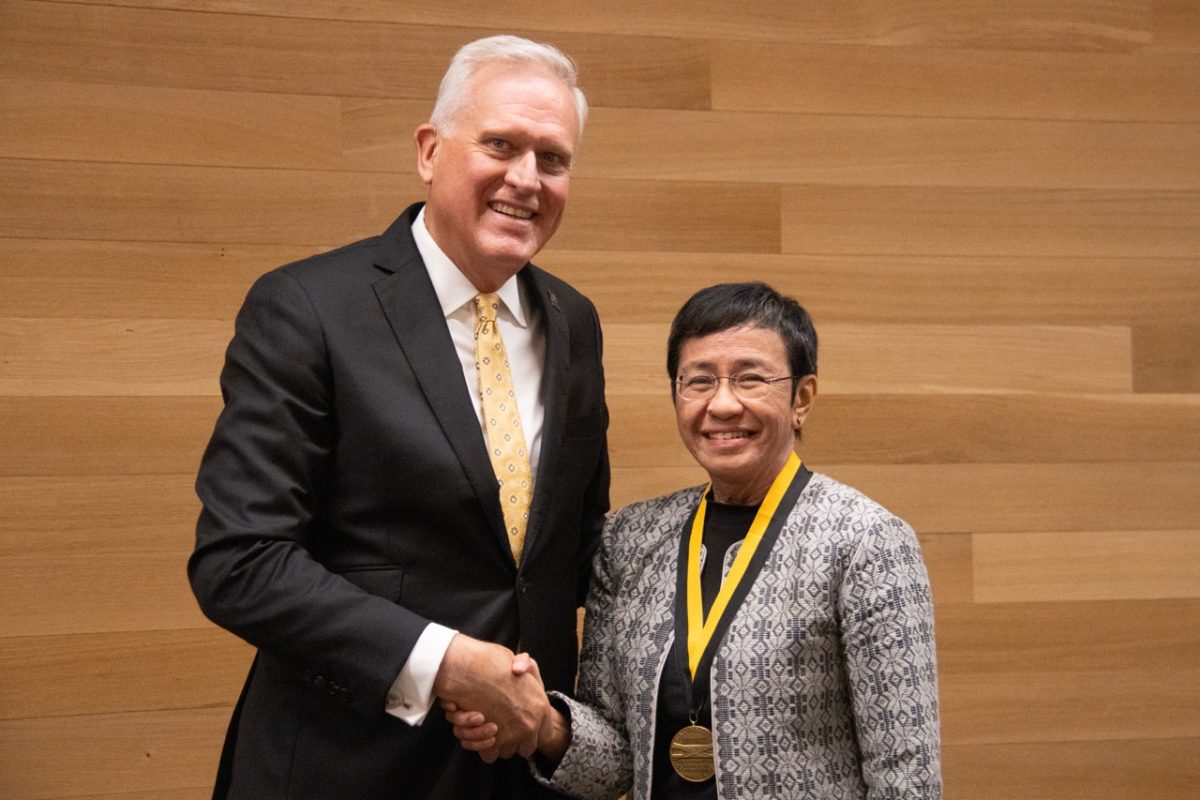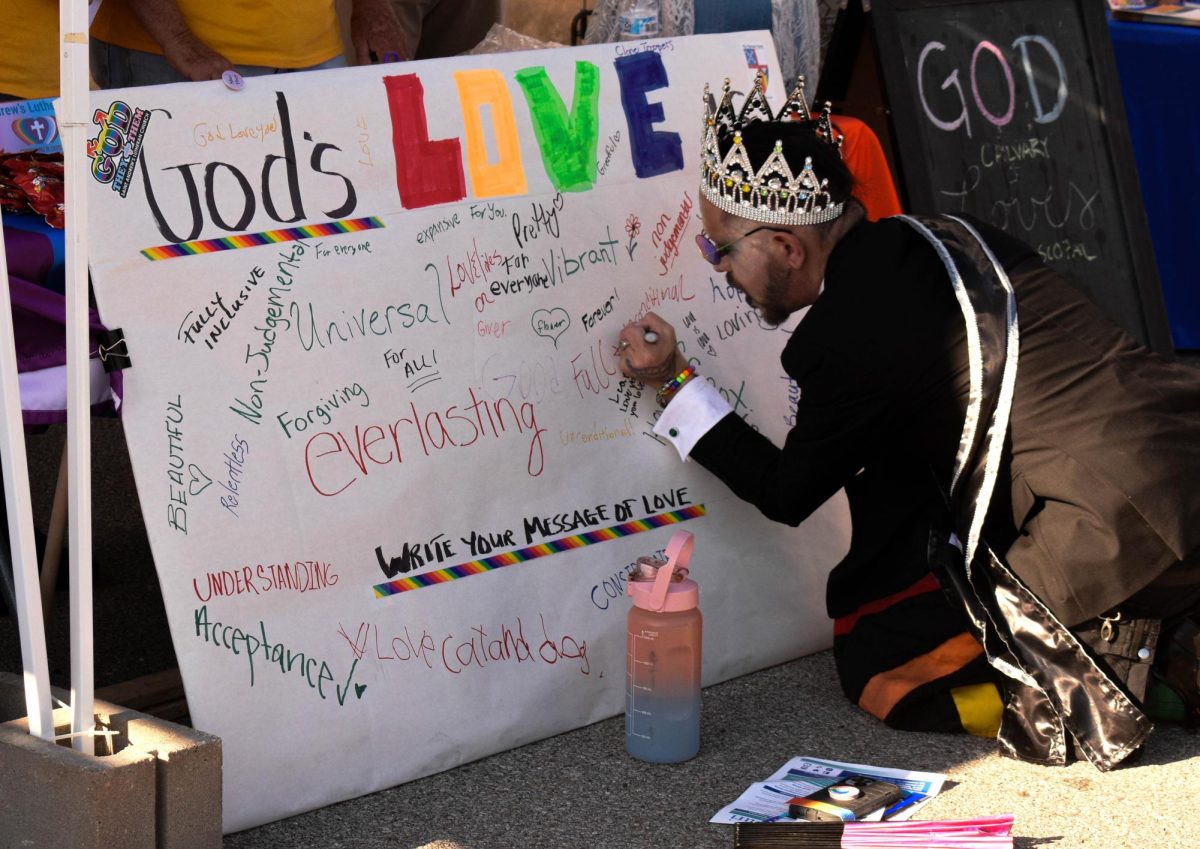Unlike the definition of famous in the past, celebrity now comes in shades of gray.
Being “famous” could be starring in a movie or having a lot of followers on Instagram. Now, people who hours ago may have been completely unknown can experience a meteoric rise to stardom.
This week, two very different breeds of “internet stars” visited Columbia. Cody Ko and Noel Miller brought their “Tiny Meat Gang” tour to Columbia to a sold-out crowd.
Mason Ramsey also rolled into town to much fanfare from social media, as sororities and fraternities competed for a chance to meet the 12-year-old singer.
As these celebrities arrived in Columbia, it begged the question of how the word celebrity has evolved and the role students at MU play in creating it.
Ramsey grew to fame in 2018 when he was filmed at a Walmart yodeling to “Lovesick Blues” in Harrisburg, Illinois. Within days, his video became an instant meme and led him to appear on The Ellen DeGeneres Show. Now on his second eight-stop tour, he’s become a bonafide recording artist, signing with Big Loud Records.
Ramsey spent time with MU students at the Sigma Kappa house. The sorority won a social media competition that allowed them to meet the singer on Friday. Mason was accompanied by his cousin Daysha Broadway.
“We always knew Mason was gonna do something someday,” Broadway said.
As Ramsey took pictures with MU students, it was striking just how young he was. At the age of 12, Ramsey has capitalized on his meme status to transform into a celebrity.
How someone becomes a celebrity today is specific to this generation and marks a turn in who influences and is influenced by us.
There was no record label executive or casting director who discovered Ramsey. Instead, it was his fans who discovered him and lifted him to the level of celebrity.
Ramsey’s family said they always expected him to find fame, which Ramsey now describes as being “good.”
Once Ramsey found fame, he and his family had to decide whether or not to capitalize on his overnight stardom and pursue a singing career. It wasn’t an easy choice for the family.
“We hope[d] he would have been older, but you get your moment and you either go with it or you don’t,” Broadway said.
Consumers are responsible for bestowing fame now more than ever before. By simply retweeting a video, an individual can tip the balance between someone achieving stardom or having a momentary spotlight.
For MU students, the promotion of a joke or a single person is something they participate in on social media every day. For sophomore Sophie Gurfinkel, seeing the effects of internet fame was surprising.
“It’s odd to see someone who you first became acquainted with online in person and so successful. Obviously he’s a really talented kid, so I just hope this is what’s best for him,” Gurfinkel said.
Recently conducted poles point to the legitimacy of internet fame. In a May 2019 Harris Poll survey, almost 30% of 3,000 children ages 8-12 in the U.S. and U.K. said they wanted to be a YouTuber as a profession.
According to a 2017 YouGov Omnibus survey, 36% of people aged 18-24 said they would like to be famous on social media. Social scientists are finding that fame drives behavior more so now than in the past, according to Psychology Today.
In this new age of fame and celebrity, where new platforms for attention pop up every couple of months, new generations of child stars will continue to achieve sudden and viral fame — the effects of which are still unknown.
_Edited by Janae McKenzie | [email protected]_


